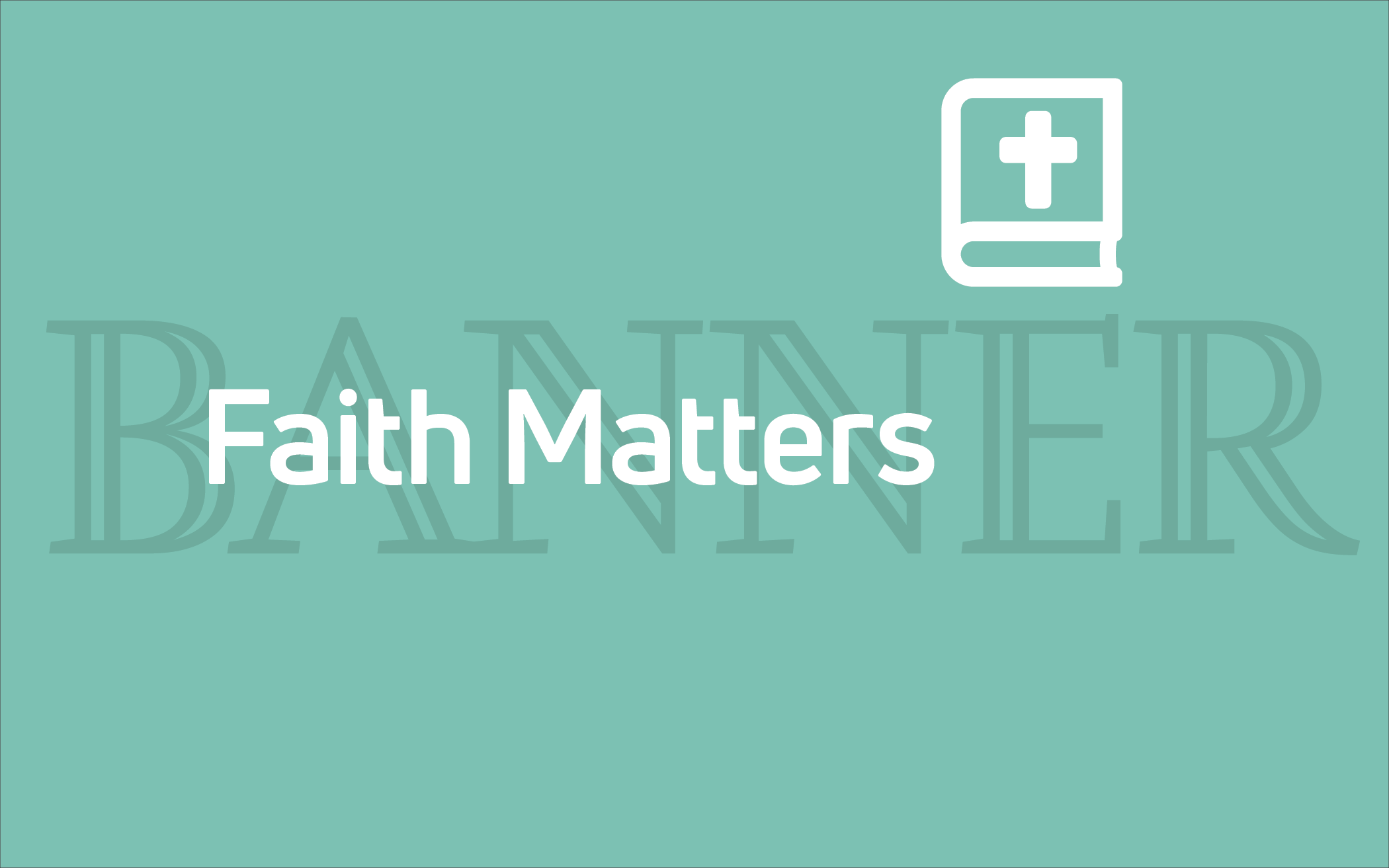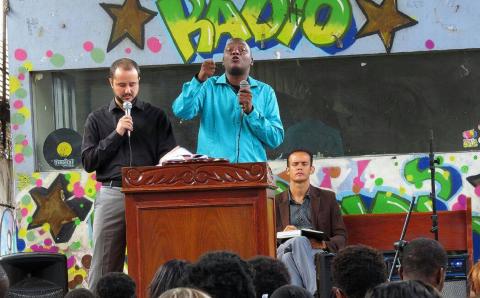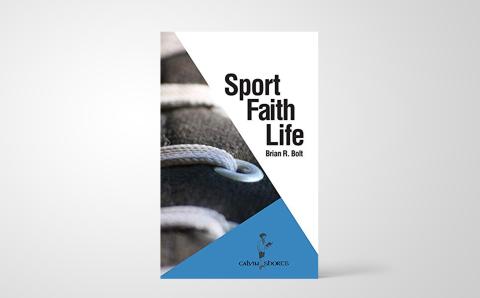The Heidelberg Catechism is the most popular, most loved catechism of many that emerged from the Reformation. But it is over 450 years old. Does it still speak to our churches—and to each of us—today?
Absolutely.
The catechism connects us to a vital part of our Reformed heritage, with countless believers from the past who have found comfort and joy in its questions and answers and who are part of “a community . . . united in true faith” (Q&A 54). Today it links our minds and hearts with some 20 million Reformed/Presbyterian Christians in more than 40 different language groups. From these spiritual ties, our own faith can be shaped and nurtured.
But beyond honoring our heritage, the catechism abundantly provides us with something we urgently need: comfort—that is, strength and assurance from God. Let’s face it: The nightly news is heavy with reports of school shootings, violence, wars, hurricanes and wildfires, the plight of refugees, and racial division. Our personal lives too are often marred by suffering: broken relationships, illnesses, the deaths of loved ones, grief, doubt, guilt, and shame. We need God’s comfort, which shines brightly throughout the catechism beginning with the the very first question and answer: “What is your only comfort in life and in death? That I am not my own . . .”This comfort, Craig Barnes reminds us, “is more than consolation or empathy for our worries. It is redemptive” (Body & Soul: Reclaiming the Heidelberg Catechism, Faith Alive Christian Resources, 2012).
We also need to know what we believe and why, and what difference it makes. These are the precise questions that, according to a recent survey, millennials (people now in their 20s or 30s) want churches to answer, according to Calvin College chaplain Mary Hulst. They want substance from their churches as well. That’s good to know because we live in a secular world that, as Calvin education professor Robert Keeley says, “often regards faith as unimportant and merely a do-good and feel-good spirituality.” There’s a vast tolerance of any belief so long as it is sincere.
In this context, the Heidelberg provides clarity and certainty about our basic beliefs by summarizing the central teachings of Scripture as expressed in the Apostles’ Creed, the sacraments, the Ten Commandments, and the Lord’s Prayer. It deepens our knowledge and application of God’s Word.
That’s why it’s crucial for the church to continue to offer fresh, interactive catechism instruction for youth, taught by believers who care about kids. Such a teacher in my home church is Kevin Aardema, who suggests that the catechism helps young people answer or bring up many of the questions they have about their faith. The catechism can also be used in one-on-one mentoring sessions, a process that Hulst says young adults especially value. Instruction in the catechism can also be offered to adult members, inquirers, and new Christians in our churches and on our mission fields.
The Heidelberg calls the church to a faith that is not only informed but also warm and intensely personal. Many of its 129 questions are addressed to you, with answers written in I-me-mine language. Nothing cold or abstract there! A devotional reading of the catechism will instruct, inspire, and affect how you live from day to day. Because of its warm, pastoral tone and often eloquent language, the catechism is also powerfully effective in worship when cited in sermons or recited by the congregation.
“I am not my own but belong—body and soul, in life and in death—to my faithful Savior, Jesus Christ.” Now that’s powerful comfort.
Discussion Questions
- What comes to your mind when you think of the Heidelberg Catechism? Why?
- How does question and answer 1 of the Heidelberg Catechism give you comfort?
- How do we find a right balance between faith as “merely a do-good and feel-good spirituality” and faith as merely a think-right and behave-right orthodoxy?
- How has your local church used the Heidelberg Catechism? How might it be used better?
About the Author
Bob Rozema is a (mostly) retired editor for Faith Alive Christian Resources. He is a member of Ferrysburg (Mich.) Community Church, a Christian Reformed congregation.







